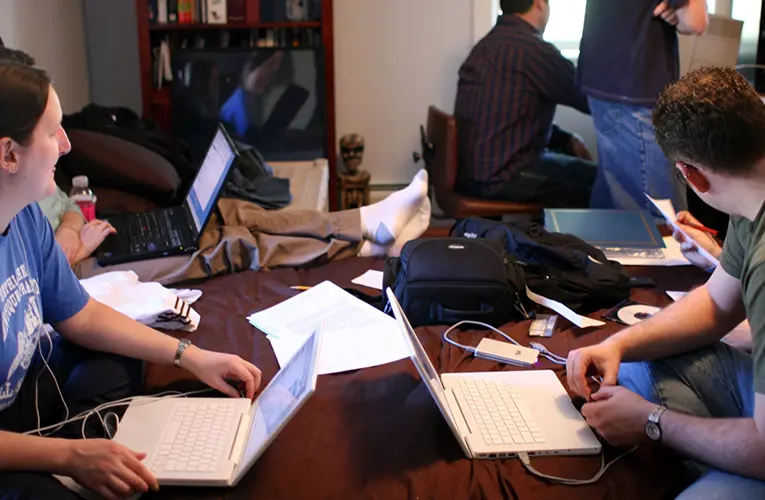“From Campus to Clicks: Exploring the World of Online University Courses”
In the rapidly evolving landscape of higher education, the emergence and proliferation of online university courses have sparked both enthusiasm and debate. Once confined to physical lecture halls and campus libraries, students now navigate virtual classrooms, accessing a wealth of knowledge with just a few clicks. This shift represents more than just a change in delivery method; it signifies a transformation in how education is accessed, experienced, and perceived.
**The Rise of Virtual Classrooms**
Online courses, often referred to as MOOCs (Massive Open Online Courses), have democratized education, breaking down geographical barriers and providing unprecedented access to learners worldwide. What began as a handful of experimental offerings has grown into a diverse ecosystem encompassing virtually every discipline imaginable. From computer science to humanities, from business to the arts, universities now extend their reach far beyond traditional boundaries.
**Challenges and Opportunities**
Yet, with this digital revolution comes a myriad of challenges. Critics argue that online courses lack the personal interaction and hands-on experience crucial for deep learning. Skeptics question the quality of education delivered through screens, wary of a potential decline in academic rigor. Meanwhile, proponents champion the flexibility and accessibility online learning affords, catering to diverse student needs and lifestyles.
**Navigating the Online Learning Experience**
For students, the transition from campus to clicks requires adaptability and self-discipline. No longer bound by fixed schedules, learners must manage their time effectively and cultivate strong self-motivation. The virtual classroom demands active engagement, with forums, video lectures, and interactive assignments replacing traditional face-to-face interactions. Success hinges not only on technological proficiency but also on the ability to thrive in a digitally mediated educational environment.
**The Future of Education**
Looking ahead, the future of online university courses appears promising yet uncertain. As technology continues to evolve, so too will the methods and modalities of education. Virtual reality, artificial intelligence, and augmented learning platforms hold the potential to further revolutionize the online learning experience, offering immersive and personalized educational opportunities.
**Conclusion**
In conclusion, the advent of online university courses has redefined the educational landscape, ushering in an era of unprecedented accessibility and flexibility. While challenges persist, the opportunities presented by digital learning are vast and transformative. As universities adapt and innovate, the journey from campus to clicks promises to shape the future of education for generations to come.
—
This excerpt captures the style and essence of an exploration into online university courses, blending analysis with a forward-looking perspective on the future of education.










